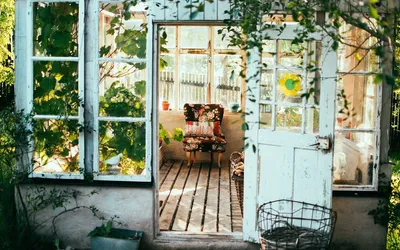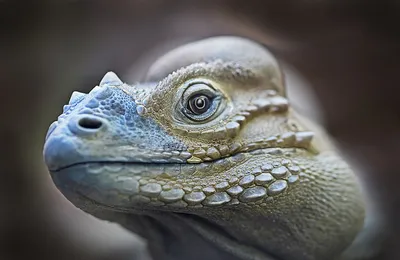Incorporating Native Plants for a Sustainable Aussie Garden

The Benefits of Using Native Australian Plants
Creating an eco-friendly garden begins with choosing the right plants, and there is no better choice than your own country's native species. Native Australian plants are well-adapted to local conditions, requiring less water, fertilizer, and care. By choosing native plants, you contribute to the preservation of local flora and provide habitat for native wildlife, promoting biodiversity right in your backyard.
Planning Your Native Plant Garden
Assessing Your Garden Space
Start by evaluating the conditions of your garden, such as sunlight exposure, soil type, and available space. Native species come in a variety of sizes and functionalities, from towering Eucalyptus trees to ground-covering creeping bushes, ensuring you can find a suitable plant for any niche.
Designing for Climate and Soil
Consider the local climate and soil conditions to select native plants that will not only survive but thrive. Utilize local resources, such as nurseries specializing in native plants or local gardening clubs, to obtain plants that are proven successful in your area.
Selecting Native Plants for Your Garden
Top Native Plants for Eco-Friendly Gardens
- Kangaroo Paw: Known for its colorful flowers and attraction to birds.
- Grevillea: Offers unique textures and blooms year-round.
- Waratah: Provides stunning red flowers and is a cultural icon.
- Wattle (Acacia): Known for nitrogen-fixing properties, enhancing soil health.
Creating Habitats for Wildlife
Planting native species not only beautifies your area but also supports the local ecosystem. Include a variety of plants that cater to different wildlife, such as nectar-rich flowers for birds and flowering shrubs for pollinators like bees and butterflies.
Maintenance Tips for Native Gardens
Watering Wisely
Native plants are accustomed to Australian climates and generally require less water once established. Schedule watering during cooler parts of the day and apply mulch to retain soil moisture.
Pruning and Mulching
Regular pruning promotes healthy growth and can encourage more blooms. Use organic mulch to improve soil quality and prevent weeds. Opt for mulch types that break down and nourish native plants.
Using Natural Fertilizers
Instead of chemical fertilizers, consider organic alternatives such as compost or aged manure, which condition the soil while avoiding the disruption of native plant growth and soil microbes.
Conclusion: Cultivating a Sustainable Future
Incorporating native plants in garden design is a crucial step in fostering a sustainable environment. By choosing local flora, you contribute to preserving Australia's natural heritage, reducing resource use, and creating a vibrant ecosystem teeming with life. Embrace these practices to nurture both your garden and the wider environment.
Popular Gardening Guides
Explore our most loved gardening articles, featuring expert advice on plant selection and sustainable practices.



